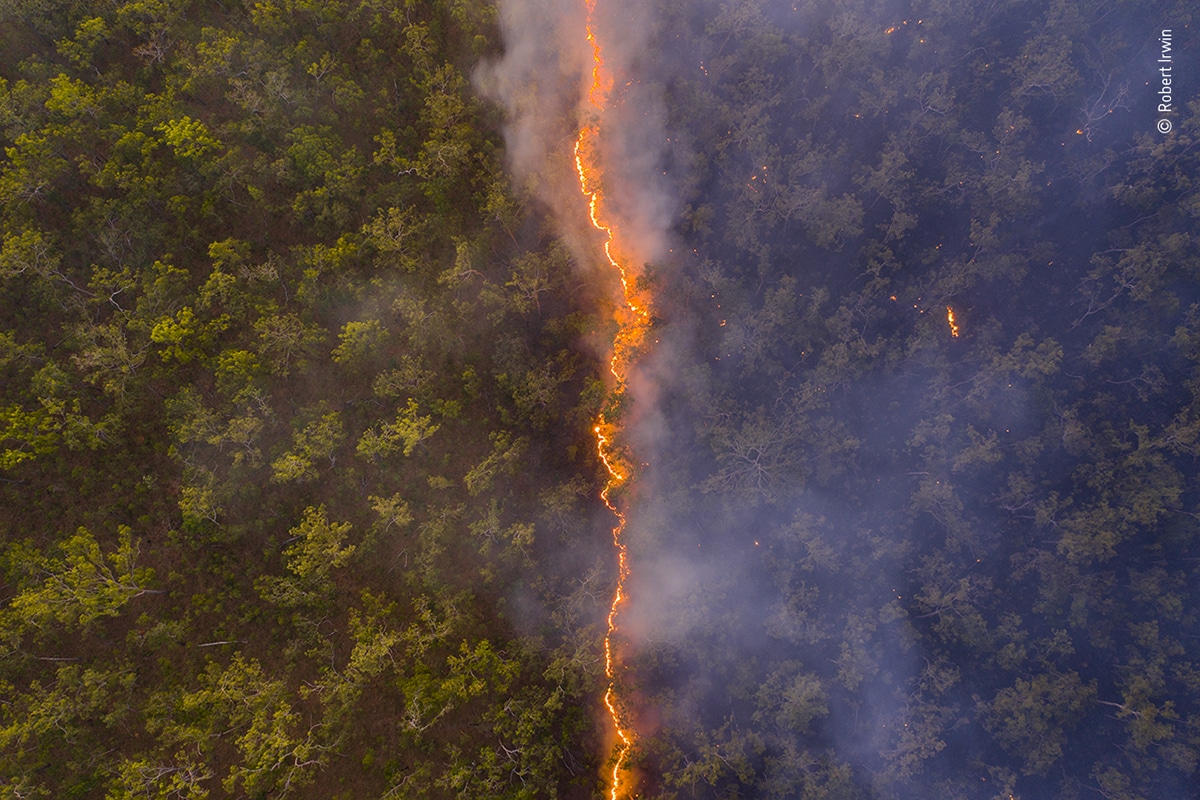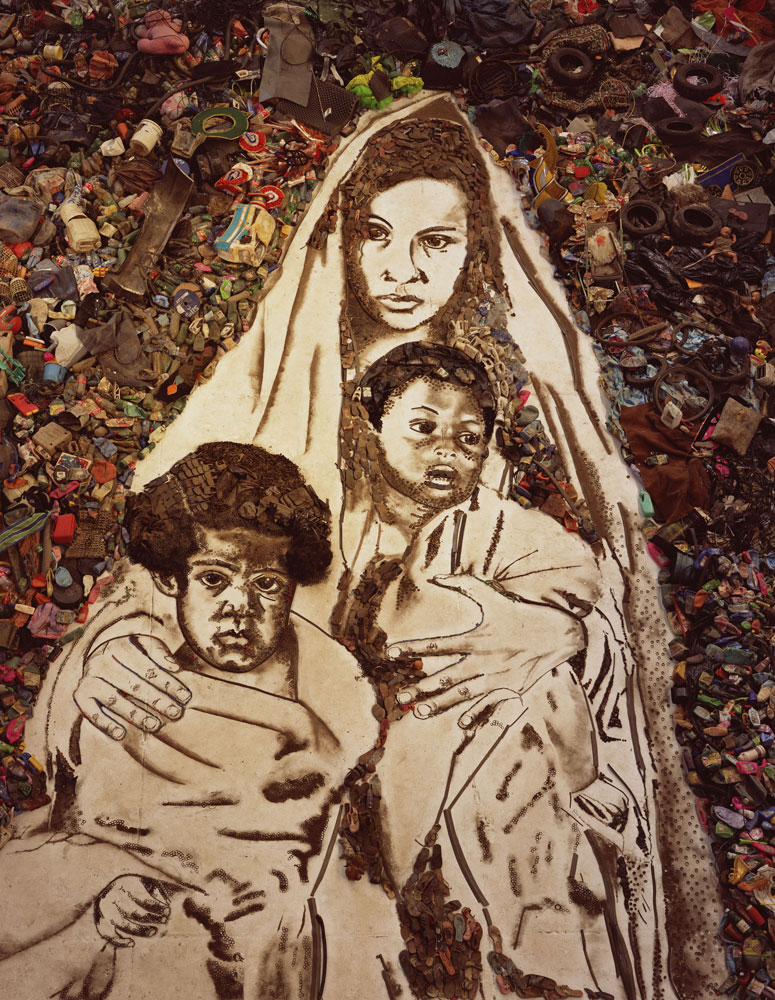I chose to primarily focus on the reading of Chapter 2: The Sharawaji Effect. Going into this, I had absolutely no idea what to expect, but I was immediately intrigued by what this all meant. The concept of sound, and the reality of it, are similar but never quite the same. One of the oldest questions is “If a tree falls in a forest, does it make a sound?” But how do we know that sound is the same if we aren’t there to perceive it, and if it does happen? We can have an idea in our head of what a sound is like, but without physically observing that exact event or creating it, we will never be able to fabricate a truly representative sound.
The idea of a perfect sound, or Sharawaji, is so subjective and also nearly impossible to obtain, that it seems like this unachievable and fleeting thing. Because even if we find something that we could potentially classify as this, will it ever truly meet our expectations to the fullest? Or will we always feel it wasn’t *quite* right?
I tried to think of what my favorite sound was. On one side, I love the sound of rain, of crashing waves, of moving water. On the other side, I love the sound of a perfectly constructed dissonant but resolving harmony. But have I ever heard an example of these that left me speechless? Not entirely.
I was quite curious on how/if this topic would relate back to the topics we’ve primarily been discussing throughout class: human impact, climate change, etc. The idea of the sound of icebergs crashing into the ocean was an interesting connection. Honestly, this reading was the easiest for me all term because it was on terms that more easily resonated with me. It made me wonder what other things have changed with the development of humans. Do birds sing differently now there’s more smog in the air? Do animals cry out more in pain than they do in harmony as their homes are destroyed? Do the raging fires crackling in the forest drown out the sounds of running water? Why is the talk about human impact always about technology and physical changes, and not about the changes in how we are allowed to perceive the world?



